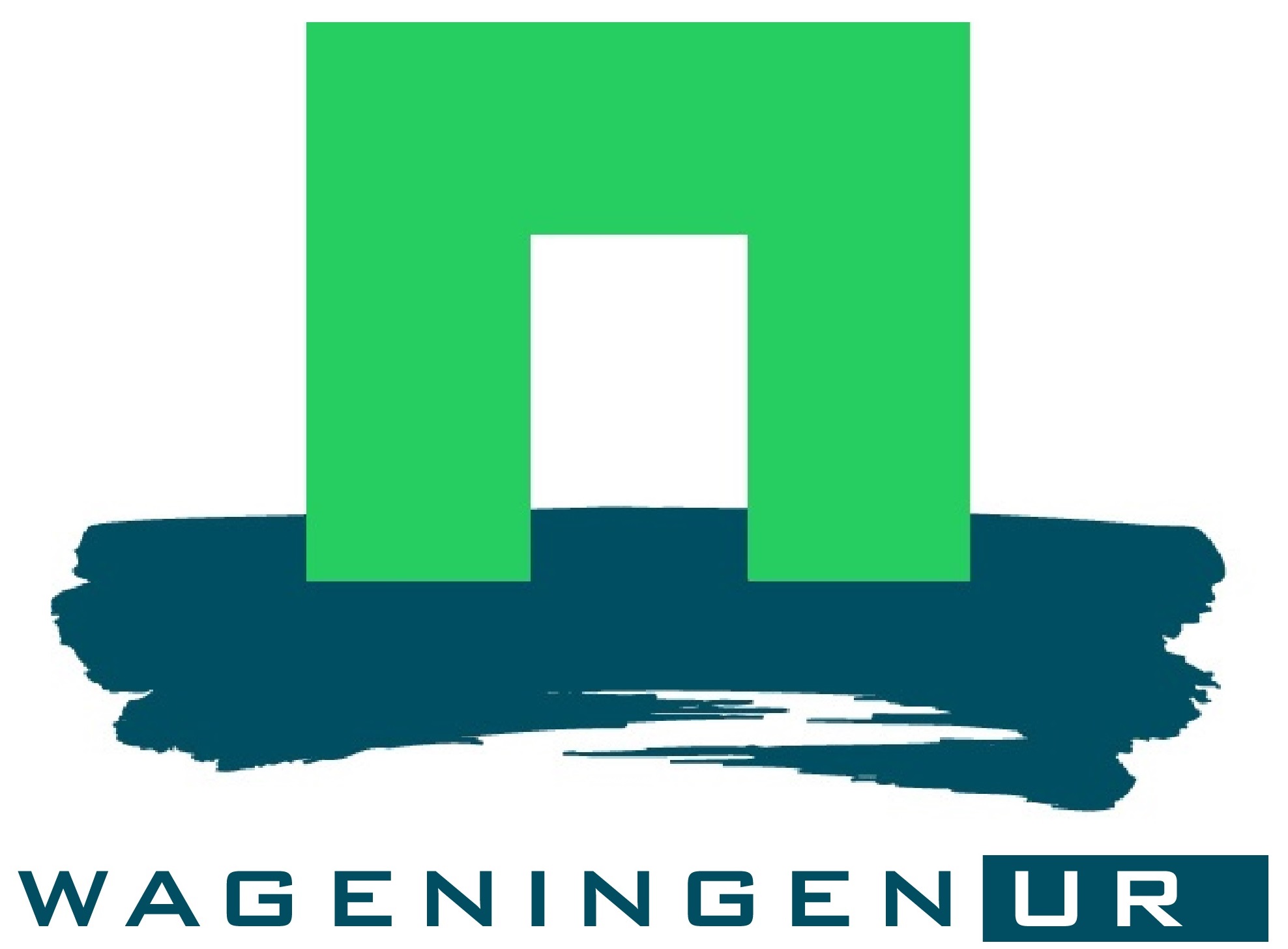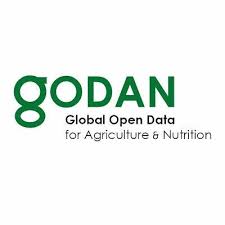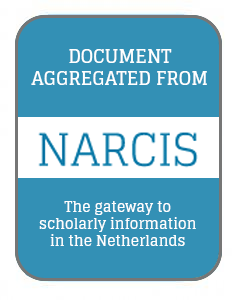Location
6700 HB Wageningen
Wageningen University & Research is a collaboration between Wageningen University and the Wageningen Research foundation.
That is the mission of Wageningen University & Research. A staff of 6,500 and 10,000 students from over 100 countries work everywhere around the world in the domain of healthy food and living environment for governments and the business community-at-large.
The strength of Wageningen University & Research lies in its ability to join the forces of specialised research institutes and the university. It also lies in the combined efforts of the various fields of natural and social sciences. This union of expertise leads to scientific breakthroughs that can quickly be put into practice and be incorporated into education. This is the Wageningen Approach.
The scientific quality of Wageningen University & Research is affirmed by the prominent position we occupy in international rankings and citation indexes.
The domain of Wageningen University & Research consists of three related core areas:
- Food and food production
- Living environment
- Health, lifestyle and livelihood
Wageningen University & Research has branches all over The Netherlands and abroad. A large number of lecturers, researchers and other employees are based at Wageningen Campus.
Members:
Resources
Displaying 186 - 190 of 209Verdeeld land. De geschiedenis van de ruilverkaveling in Nederland vanuit een lokaal perspectief, 1890-1985
Políticas de Assentamento e Localidade. Os desáfios da reconstituicão do trabalho rural no Brasil
Planning metropolitan landscapes : concepts, demands, approaches
A hierarchical method for soil erosion assessment and spatial risk modelling: a case study of Kiambu district in Kenya.
Though a lot has been done and achieved in erosion research and control in Kenya, most of the erosion research methods have in the past put emphasis more on quantifying soil loss or measuring soil erosion, rather than pinpointing to areas that are likely to suffer soil erosion. In most cases the erosion processes have been assumed to occur in a uniform manner at all levels of the landscape hierarchy, and hence the results of one level observation can be factored to cover other levels for which data was not collected.
Understanding farmers: Explaining soil and water conservation in Konso, Wolaita and Wello Ethiopia
Being one of the oldest civilisations in the world, Ethiopia has an agricultural tradition that is over 2,500 years old. However the land has brought into cultivation at different times in history. Generally the Northern part of the country has experienced intensive agriculture for a long time, whereas the southwestern highlands, which show relatively less soil degradation were brought into agriculture in the last couple of centuries.





